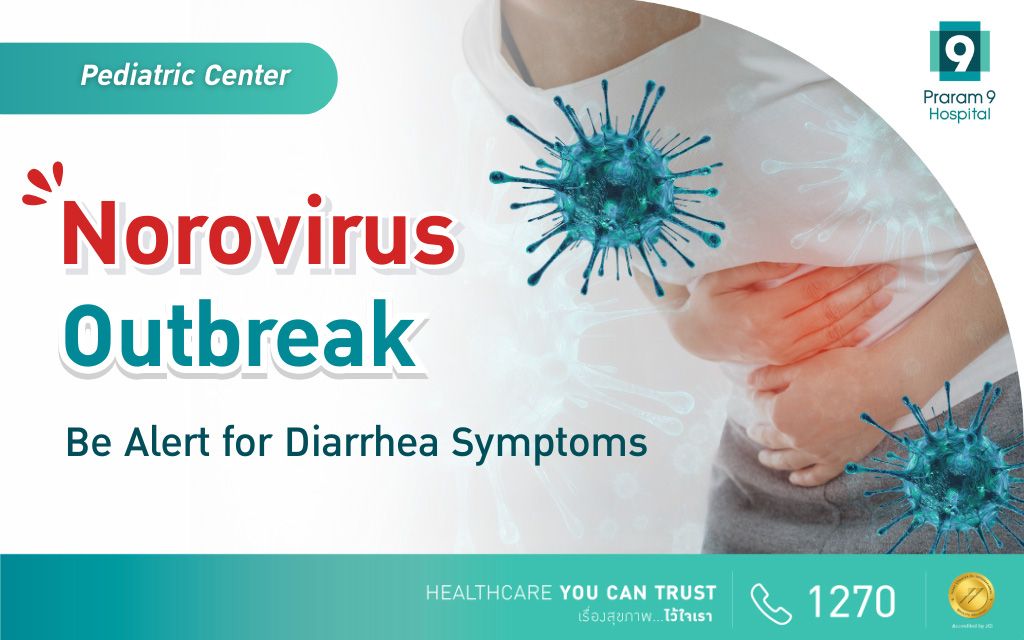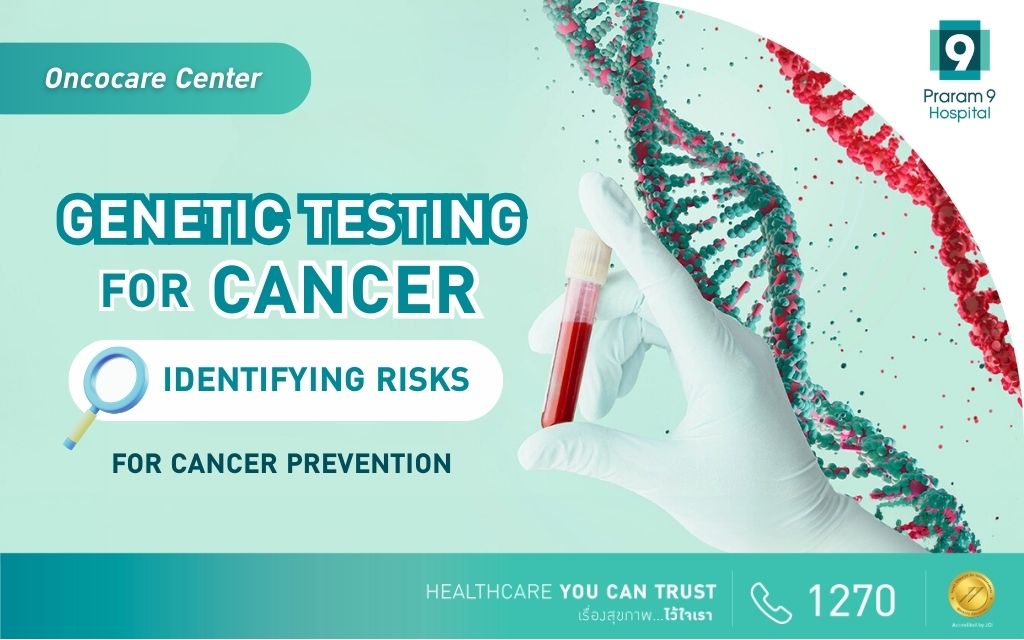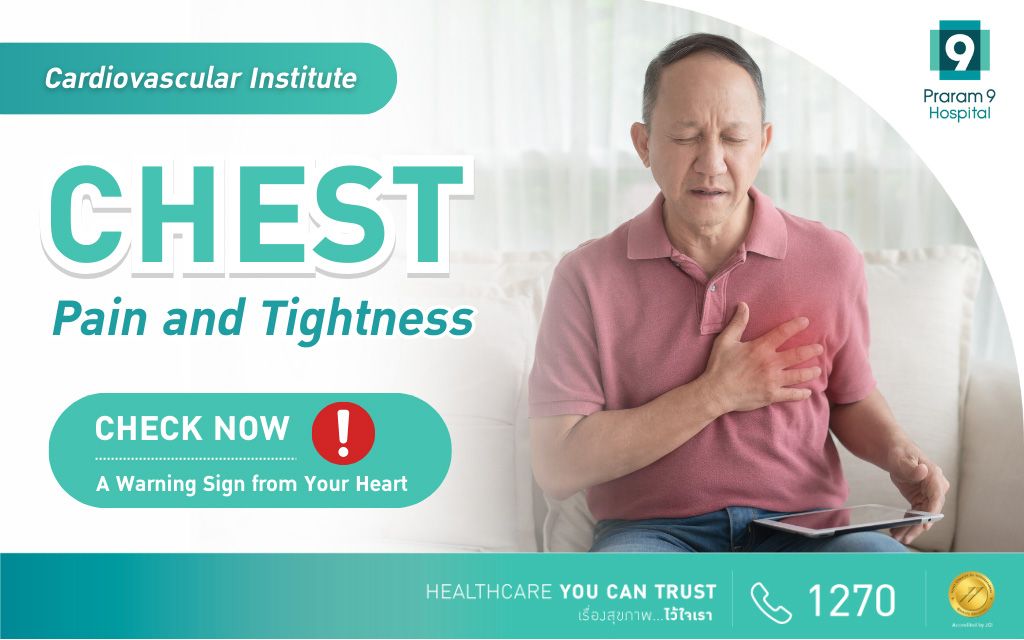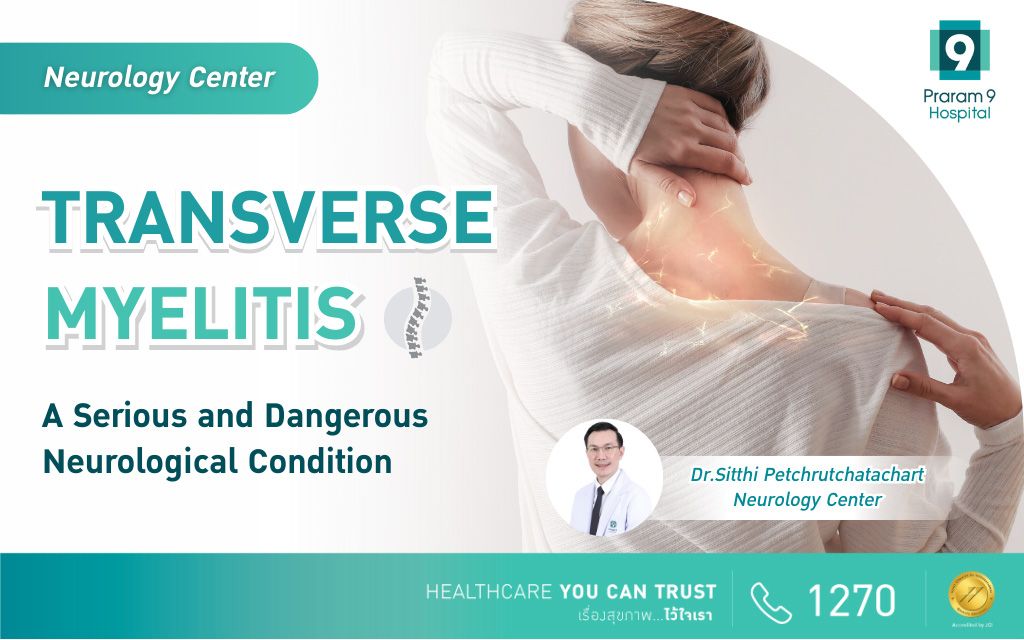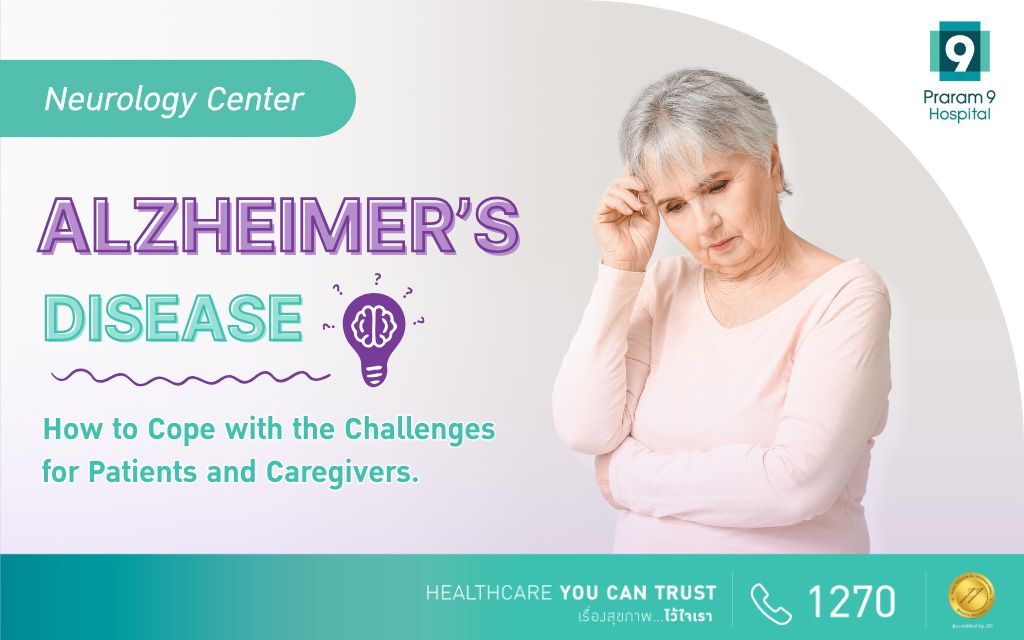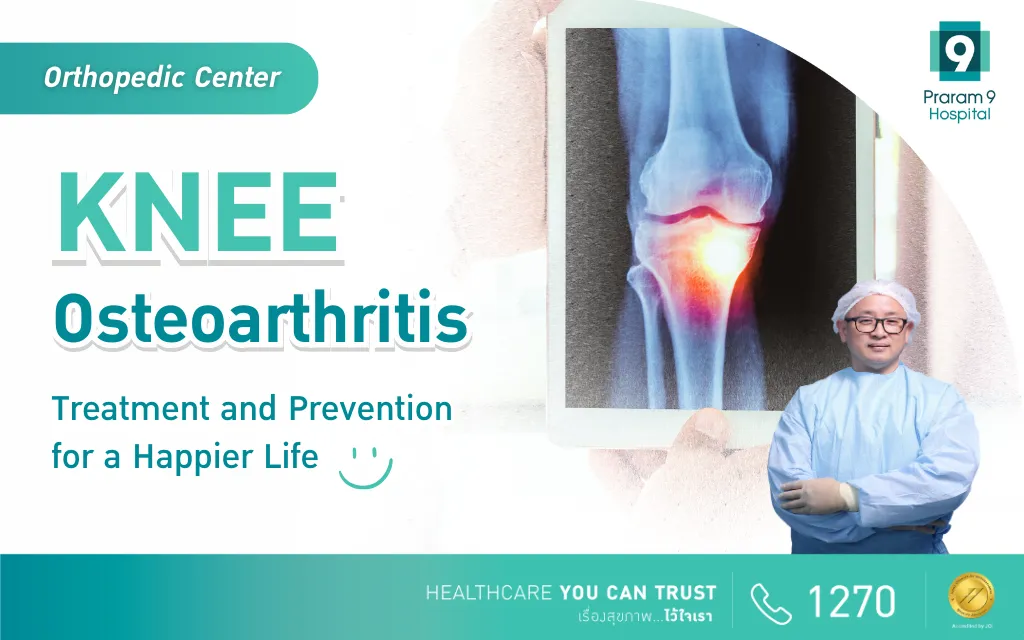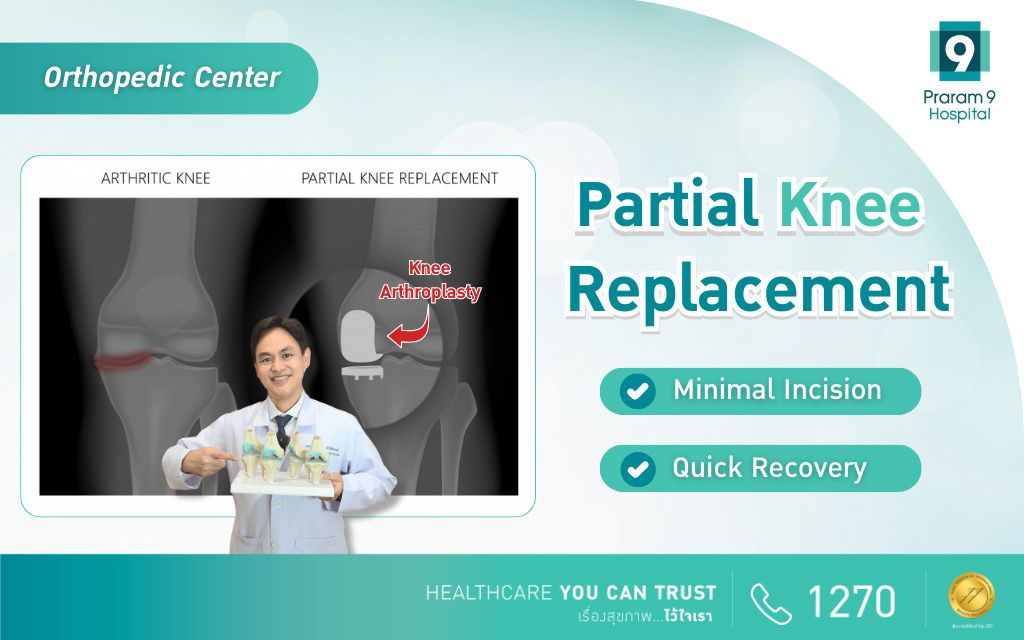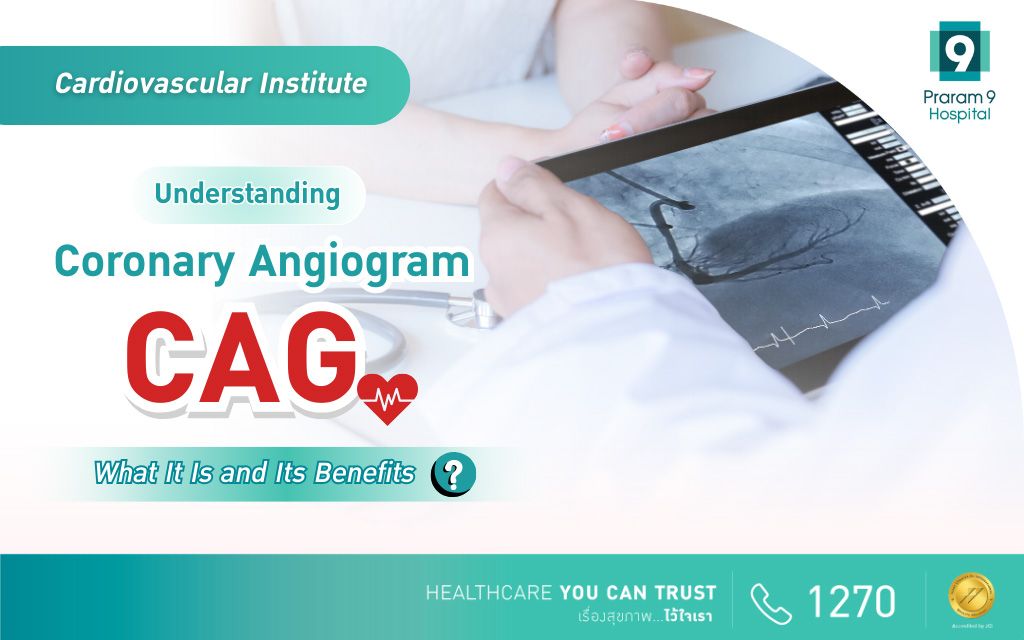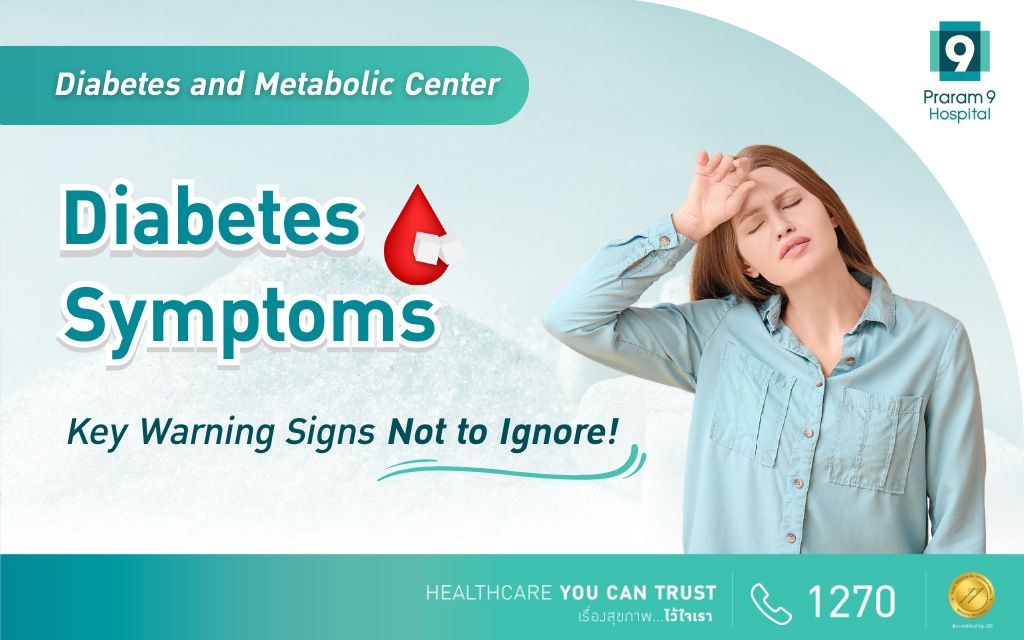Health Articles
Knowledge
What Are the Early Symptoms of Heart Disease? Find Out Here!
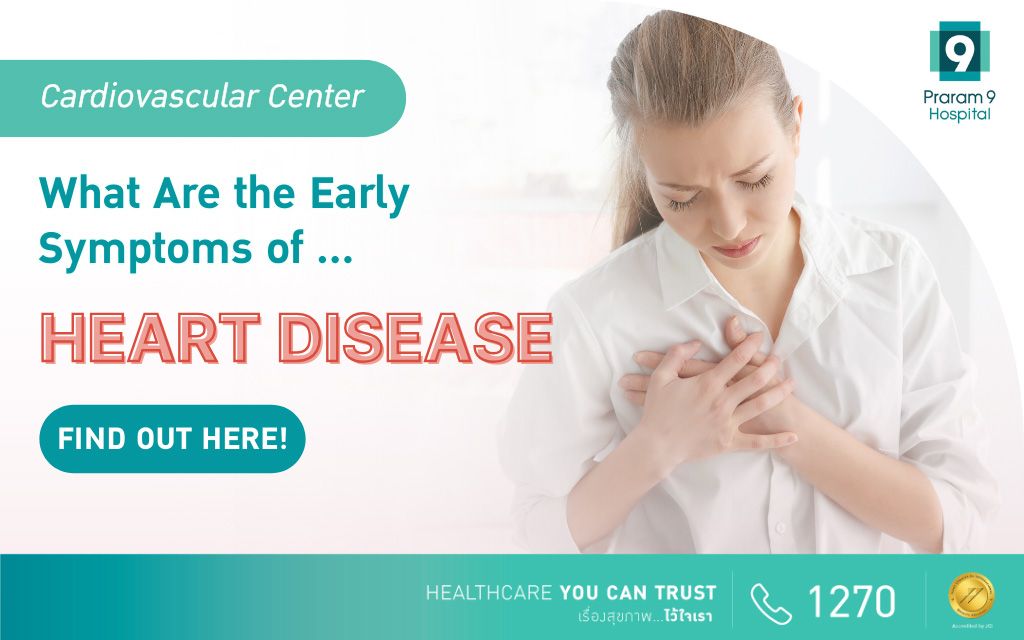
Heart disease is a serious threat to people worldwide and is one of the leading causes of death globally. It is particularly dangerous because it can lead to severe complications such as heart failure, acute heart attack, or stroke.
The symptoms of heart disease can manifest in various ways. Initially, they may present as mild symptoms that patients may overlook, leading to delays in seeking medical attention and receiving timely treatment. Over time, these symptoms can worsen, increasing the risk of severe complications and even death. Awareness of the early symptoms of heart disease can help ensure timely treatment and preventive care, significantly reducing the risk of severe complications.
Chest Pain (Angina)
Chest pain or tightness is the most common symptom of heart disease, particularly in individuals with ischemic heart disease. This pain can feel like pressure, tightness, or a heavy weight in the center of the chest and may radiate to the jaw, arm, or back. Chest pain due to heart disease typically occurs during exertion, such as exercising or lifting heavy objects. Other characteristics include:
- A sensation of heaviness pressing on the chest
- Sudden onset of severe pain
- Pain radiating to the neck or left shoulder
Shortness of Breath
Shortness of breath or difficulty breathing is another key symptom, often resulting from the heart’s inability to pump blood efficiently, leading to insufficient oxygen delivery to the body. This symptom can occur during physical exertion or even at rest, especially at night while lying down. It’s crucial to seek medical attention if shortness of breath occurs, particularly at night. Other characteristics include:
- Rapid and shallow breathing
- Feeling of being unable to take a full breath
- Needing to sit up or elevate the head to breathe more comfortably
Unusual Fatigue
Feeling unusually tired, even with minimal exertion, such as climbing a few stairs, can be an early sign of heart disease. Characteristics of unusual fatigue include:
- Fatigue after activities that were previously manageable
- Inability to perform daily activities as usual
- Needing more frequent breaks during work or exercise
Irregular Heartbeat (Arrhythmia)
The sensation of the heart is beating too fast, too slow, or irregularly is a symptom that can be accompanied by dizziness, fainting, or even sudden death. This condition may result from electrical disturbances in the heart, indicating significant heart issues like arrhythmia or heart failure. Characteristics include:
- Palpitations
- Feeling the heart skipping or jumping
- Sudden rapid heartbeats (tachycardia)
- Abnormally slow heartbeats (bradycardia)
Excessive Sweating
Excessive sweating without a clear reason, such as not exercising or being in a hot environment, can be an early sign of heart disease, especially when accompanied by chest pain. Characteristics include:
- Profuse sweating with chest pain or difficulty breathing
- Palpitations with excessive sweating
- Excessive sweating at rest or during light activities
Pain in Arms or Shoulders
Pain or discomfort in the arms, shoulders, or neck, particularly on the left side, that appears suddenly without a clear cause and may radiate to the jaw or back, could indicate heart disease. Characteristics include:
- Pain or discomfort in the left arm or shoulder
- Radiating pain to the jaw or upper back
- Severe, unexplained pain
Swelling
Swelling in the feet, legs, or abdomen may result from poor circulation due to worsening heart function, leading to fluid buildup in the body’s tissues. This swelling is often seen in patients with heart failure. Characteristics include:
- Unexplained swelling in the ankles or feet
- Abnormal swelling in the legs or abdomen
Other Symptoms
Some people may experience other symptoms, varying from person to person, such as nausea, dizziness, or fainting, which could signal acute ischemic heart disease and potentially lead to death. Other heart disease symptoms include:
- Unexplained nausea or vomiting
- Dizziness or spinning sensation
- Sudden fainting or weakness, requiring immediate medical attention
Conclusion
Understanding and recognizing the early symptoms of heart disease are crucial for timely medical intervention. If you or someone close to you experiences any of these symptoms, it’s important to seek medical advice promptly, as early treatment can help reduce the risk of severe complications.
Preventing and managing heart disease starts with daily health care practices, such as eating a balanced diet, exercising regularly, avoiding smoking and alcohol, and getting annual health check-ups to monitor and prevent serious conditions. These healthy habits can significantly reduce the risk of heart disease.
9 Healthy Heart Screening Packages
Price Starting from : 6,900 - 8,900 THB
You can consult a doctor from anywhere through video calls.
About the Author
